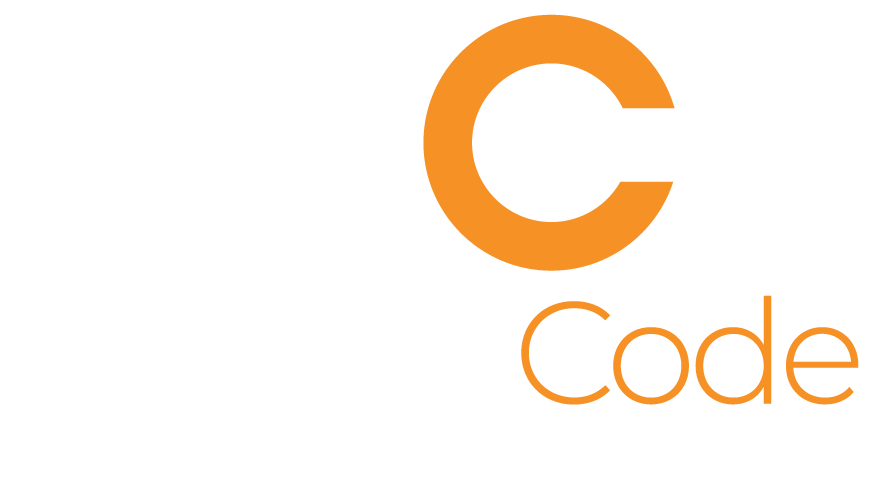It can be exciting to see your vision take shape when you launch a startup, but it also requires a great deal of discipline and decision-making. One of the earliest decisions you should make involves your new company’s bookkeeping. You’ll need to account for every penny spent, especially if you have investors. How will you track all of your income and expenses?
1. MANUAL BOOKKEEPING
Manual bookkeeping is probably the method most familiar to individuals who are going into business for the first time. You’d probably use Microsoft Word for storing contact information and creating invoices. If you have experience with Microsoft Excel, you might be able to set up spreadsheets for necessities like tracking sales and purchases. If not, those tasks could even be relegated to a paper ledger book. You’d be spending a lot of time ordering office supplies, and your calculator would get quite a workout.
2. ACCOUNTING SOFTWARE: QUICKBOOKS
The downsides of doing your bookkeeping in this fashion become quite obvious when you consider another of your options: small business accounting applications. The most popular of these is QuickBooks, available both for the desktop and online. Rather than maintaining your contacts in Word, you can create individual records for each using the software’s fill-in-the-blank templates. It’s much easier to find and edit them. You can also create records for the products and services you provide.
You’ll have access to those records when you need to create transactions like invoices and sales receipts and purchase orders. You simply select the customers, vendors, and items you need from the lists that are available in those forms’ templates. To simplify and accelerate bookkeeping, you can connect QuickBooks to your online financial accounts and download their transactions, so you’ll always know when they’ve cleared and what their balances are. Standard financial reports and others (like aging receivables) can be customized and generated in seconds.
All of this accounting data is built on a critical tool: your chart of accounts. This is a list of all of your company’s accounts classified by types like assets, liabilities, equity, and bank. To be compliant with QuickBooks’ double-entry accounting rules, transactions must be assigned to these accounts.
3. OUTSOURCING
This is another area where accounting applications are far superior to manual methods, and it brings us to our third bookkeeping technique for startups: outsourcing. Setting up your own chart of accounts would require more time and knowledge than you probably have. QuickBooks comes with a sample chart of accounts, but it may need to be edited to meet your company’s needs.
We can help you build this cornerstone of your accounting system and explain how it’s used. We can also look at your current bookkeeping system and help you explore ways to improve your productivity, save time, and have a better understanding of your financial status. If you’d rather, we can take on your more advanced accounting tasks. Contact us, and we’ll get started.


2 Responses
What Is Small Business Accounting?
Small business accounting involves the process of tracking, recording and analyzing the financial transactions of your business. It translates numbers into a comprehensible statement about the profitability of your business.
As a small enterprise proprietor you’ve got more essential activities than to keep your very own books. We deal with your books for you, so you can get lower back to the job of jogging your enterprise and producing income!
We are continually available to spend time with you so that you completely recognize how to interpret and utilize the monetary facts we offer. Our consultations are already covered in our fee, so please sense loose to call us each time you’ve got a question or problem.
Our Services Includes Business Process Review, Financial Modeling, Services for Individuals, Business Services, Tax Services, and Wave Accounting Services.
#Business Process Review
#Financial Modeling
#Services for Individuals
#Business Services
#Tax Services
#Wave Accounting Services
Really important tips and ideas that business owners can follow through it.